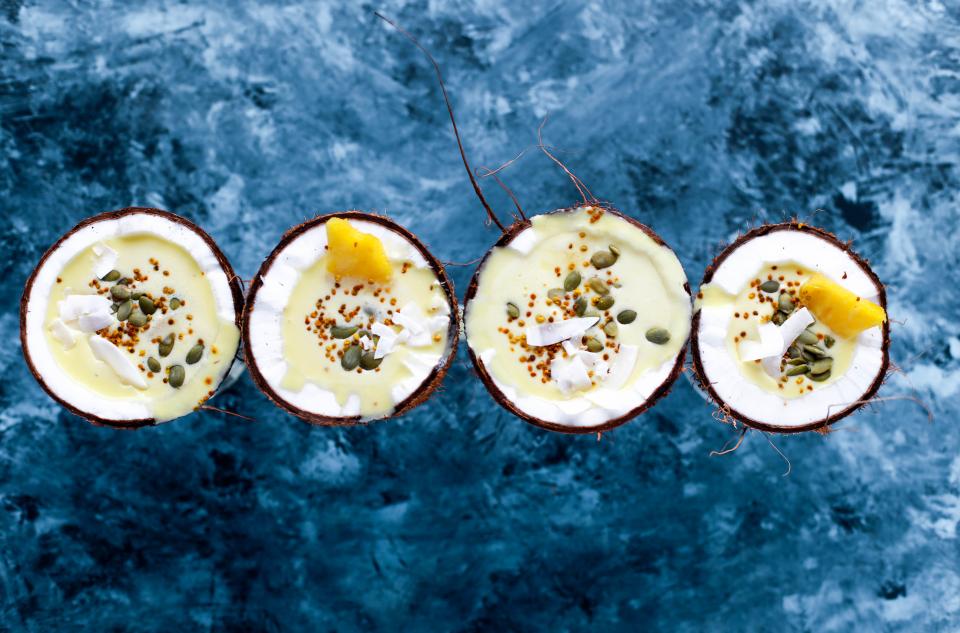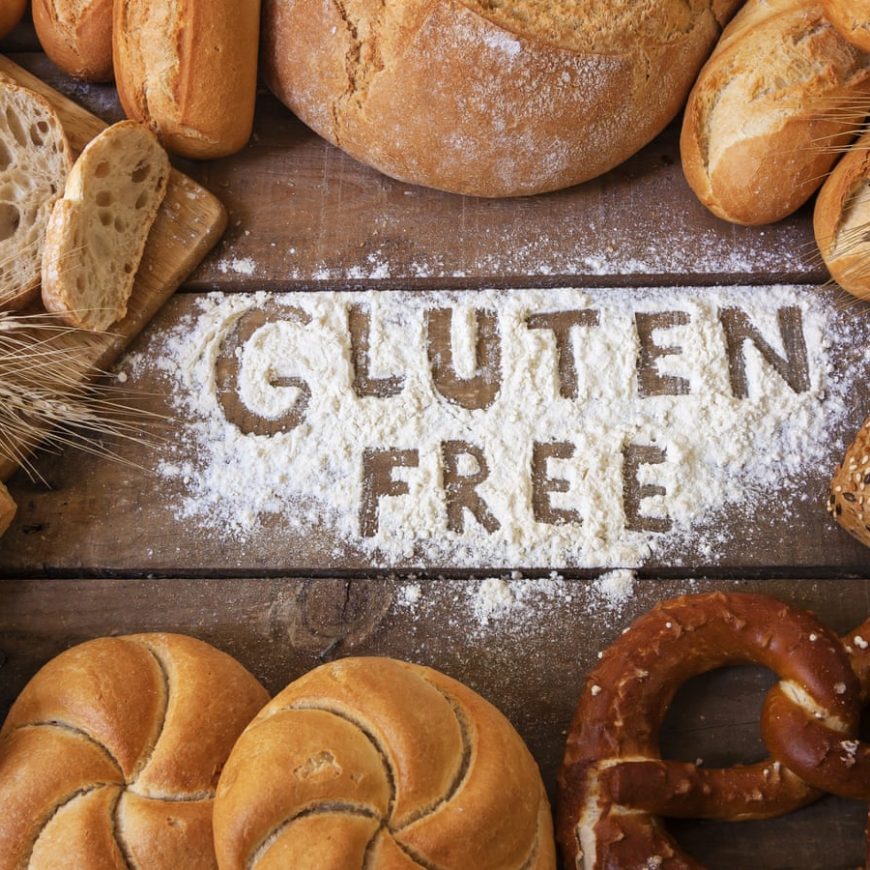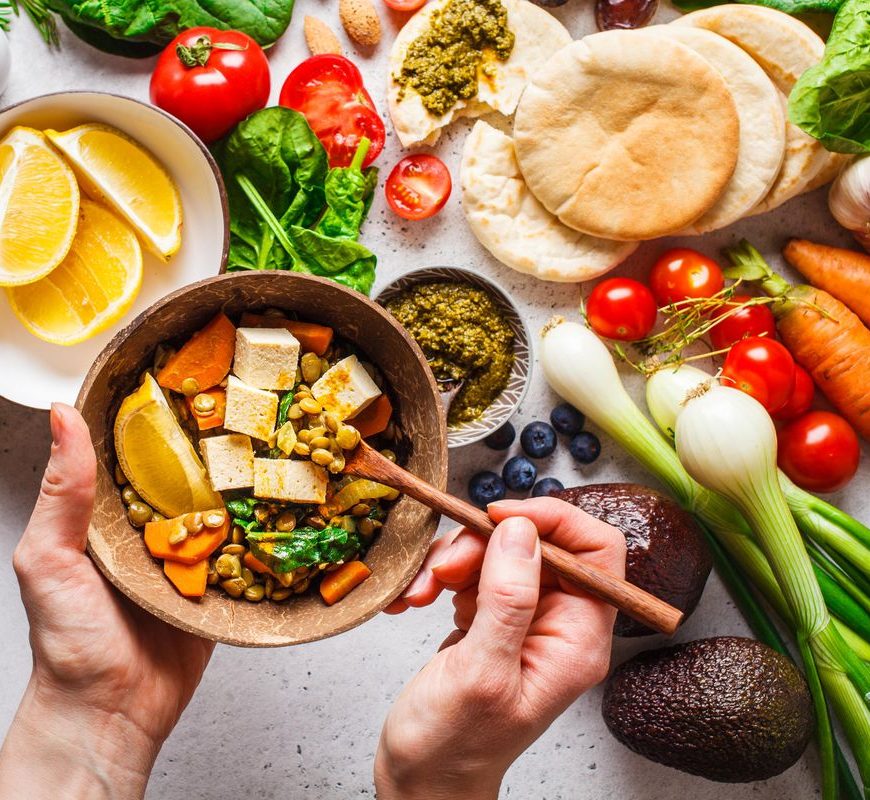10 reasons why I disagree…
- The low fat era during the 1980s and 1990s coincides with a rapid increase in obesity, diabetes, high cholesterol and cardiovascular disease. This is an interesting read of the low fat era timeline and its huge impact on the world.
This is the time magazine cover from 1984 that ignited the low fat diet craze in America.
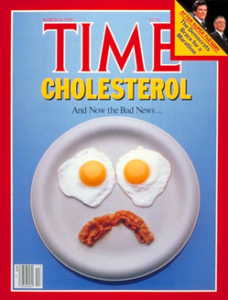
- Research shows that high fat, low carb diets are more effective than high carb, low fat diets. Not only for fat loss, also reduction in obesity, diabetes, cholesterol and cardiovascular disease shown by blood markers.
- Eating fat burns visceral fat, the dangerous fat around our organs. Visceral fat increases risk of all cardiovascular disease markers including obesity, diabetes, high blood pressure, high cholesterol, and insulin resistance. Sugar and processed carbohydrates increase visceral fat, while good fats and protein decrease visceral fat.
- Fat is satiating and appetite suppressing. One of the most significant differences between high fat, low carb diets and high carb, low fat diets is appetite and hunger regulation. You will experience less desire for food and a reduction in sugar cravings. This makes losing weight easier when you are less hungry and have less cravings.
- Eating fat with each meal and snack is one way to balance blood sugar and insulin. Other ways include exercise, reducing caffeine and alcohol, sprinkling cinnamon on your food, and taking chromium, magnesium, vitamin B6 and omega 3. Check out my blog ~ Blood Sugar – it’s a balancing act.
- Quality vs. quantity is key when it comes to fat. High quality sources of fat include avocado, olives, coconut, nuts (almonds, walnuts, cashews, hazelnuts, pistashios, pecans, macadamias, peanuts and brazil nuts), seeds (chia, flax, sunflower, pumpkin and sesame), eggs and organic meat. I recommend coconut, avocado or macadamia oil for cooking, while olive oil is more suitable for salads and low heat cooking. Poor quality fats include margarine and vegetable oils (canola, soy, corn, sunflower, and safflower), which are found in many processed foods.
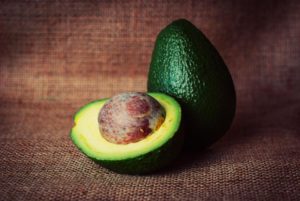
- Nature got it right. Eat the whole egg. The yolk contains vitamins A, B, D, E and K, and minerals iron and selenium. Egg yolks contain cholesterol, which is required for the production of oestrogen, progesterone, testosterone and cortisol. Additionally, egg yolks contain antioxidants which provide the bright orange/yellow colour. A brighter colour generally means more antioxidants and a more beneficial omega 3:6 ratio.
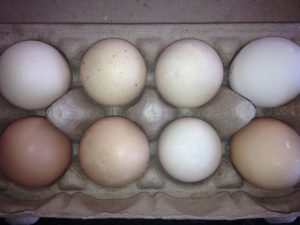
- Vitamins A, D, E and K are fat soluble vitamins and fat must be present for their absorption. Vitamin D is synthesised from cholesterol on our skin, therefore, cholesterol must be present in our diet. Vitamin D deficiency increases the risk of obesity, diabetes and insulin resistance. In short, cholesterol found in egg yolk, meat and dairy is essential for vitamin D production, which supports weight management.
- Coconut is a superfood. Coconut contains medium chain fats (whereas others are long chain fats). Medium chain fats are not stored as fat in the body, they are immediately used as energy which increases our metabolism. Use coconut oil, coconut cream, coconut milk (tin and carton) and desiccated/shredded coconut. Coconut is versatile, and has a multitude of internal and external benefits.
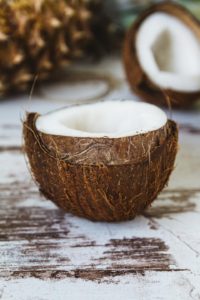
- In my opinion, increasing (high quality) fats in the diet, helps overweight people to lose fat and underweight people to gain fat. I believe that fat not only helps to regulate appetite and hunger, but body fat and weight too.
My recommendations…
If your goal is fat loss, research supports a low carb high fat diet. However, if you are underweight, a high carb low fat diet is not necessarily going to help you gain weight, fat is still important.
Low carb high fat is the way to go for cardiovascular disease, high blood pressure, high cholesterol, diabetes and insulin resistance.
Choose natural, high quality and a variety of fats (including coconut), for optimal health and wellbeing.
If you struggle with fat loss, consult with a Naturopath/Nutritionist for individualised diet and lifestyle recommendations.


